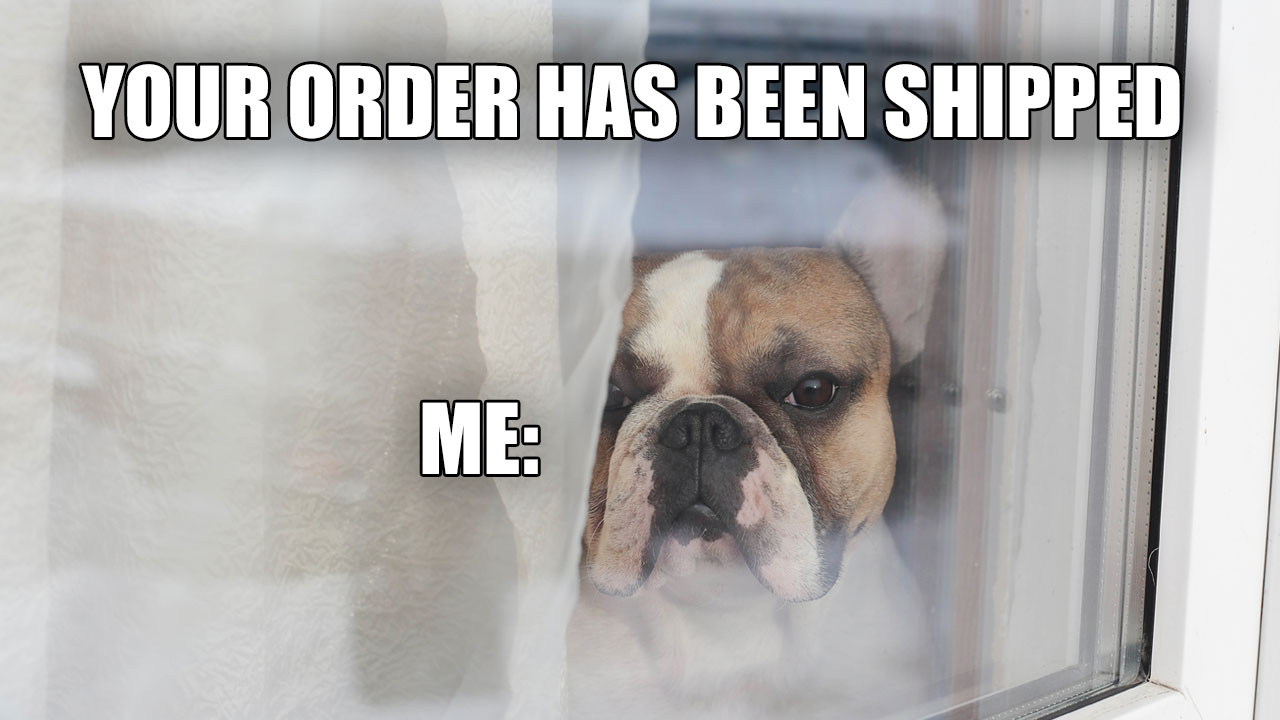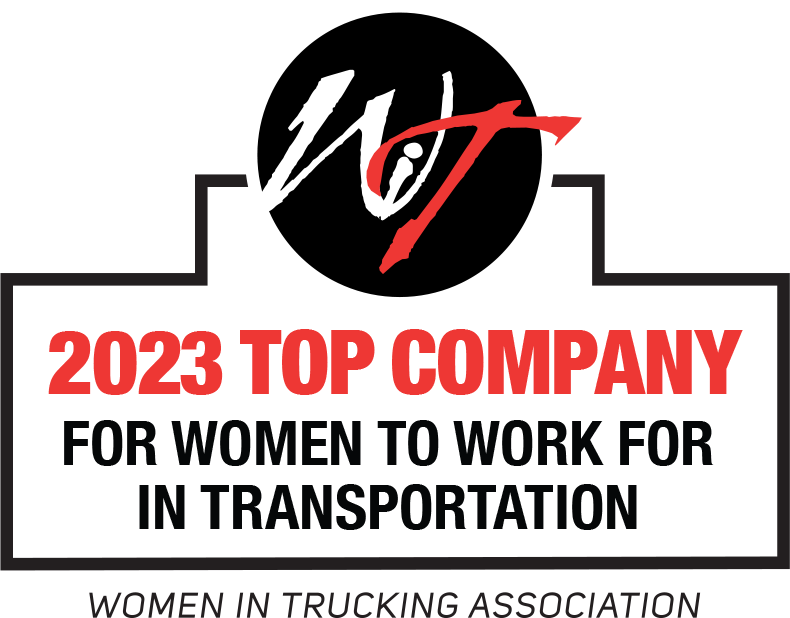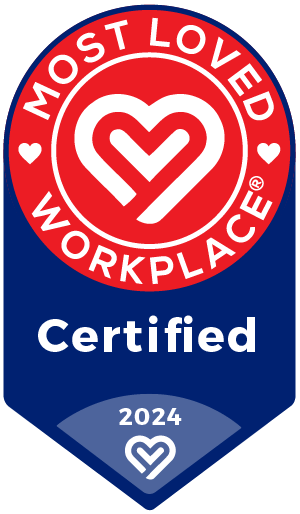Is it bad form to share memes that poke fun of logistics mistakes – like the ones that were posted about the recent Suez Canal blockage? (Asking for a friend.)
We hate to be a buzzkill. But unfortunately the answer is yes.
Ultimately the Suez Canal snafu restricted the flow of $400 million worth of goods every hour that it was blocked – and caused an estimated 450 container ships to be substantially delayed. As a result, while there were definitely some hilarious Ever Given memes that could give Jimmy Kimmel a run for his money, the real joke is on all of us who will find ourselves paying more for transportation or dealing with disruptions in the near future.
In light of that, we’re all probably better off sharing memes like the one above instead.
What is mode agnosticism – and how applicable is it to challenges like rising shipping prices or peak season delays?
You know that favorite-picking teacher you hated in middle school? Mode agnosticism is the opposite of that.
At its core, it embraces the possibility that some companies whose shipments routinely travel via one type of carrier might be able to tap into better speed, service or economies of scale by using a different kind of carrier instead, at least for some of their shipments.
Some example of this mindset in action might include: A) recommending that a company consider consolidating several small LTL loads so it can take advantage of (usually more economical) truckload shipping or B) bringing a parcel consolidator (and its LTL capabilities) into the mix for high-zone, small parcel shipments in order to reduce parcel carriers’ high surcharges.
We’ll explore this topic and talk about some of the ways your company might be able to employ it in an upcoming Viewpoint piece, so watch this space.









